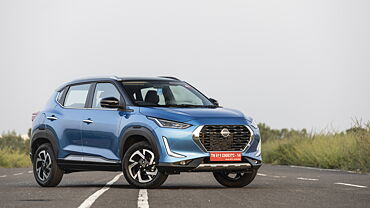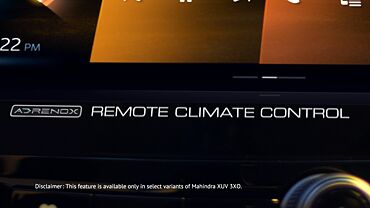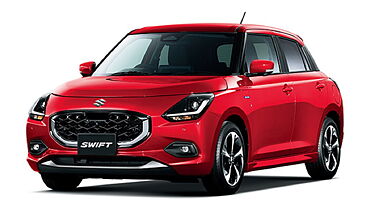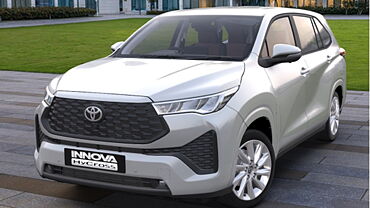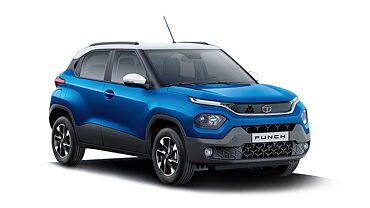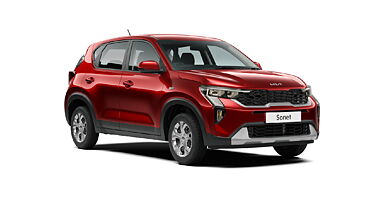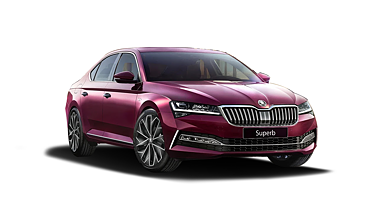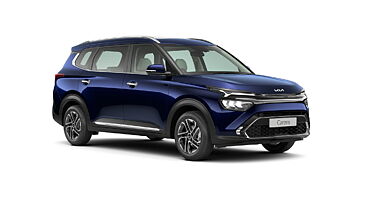Westport Innovations and Tata Motors Limited have introduced a new spark-ignited (SI) natural gas 3.8L turbocharged engine, featuring the Westport WP580 Engine Management System (EMS). Designed to support many engine configurations, the Westport WP580 EMS is also scheduled to be used in Tata’s 5.7L engine targeting medium-duty applications in late 2014.
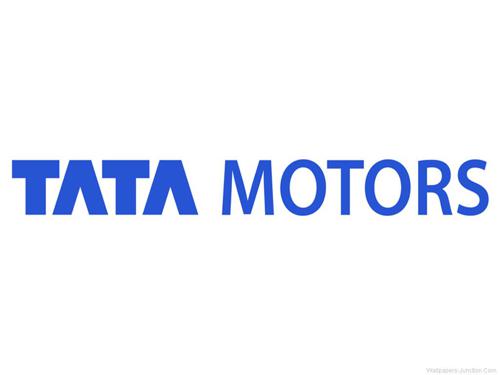
The US Energy Information Administration (EIA) indicates that India is the fourth largest energy consumer in the world. Vehicles are the country’s second-largest consumer of energy (18%) after industry (42%), according to Thomson Reuters Foundation, and rising vehicle numbers and fuel prices have implications both for India’s economy and its energy security. Westport believes that the adoption of natural gas as a transportation fuel will help reduce India’s dependence on petroleum to meet the country’s energy demand and improve local air quality challenges. Building upon Westport’s natural gas components and aftermarket business in India, Westport is now establishing its OEM footprint with Tata Motors.
The Westport WP580 EMS is a highly configurable system that has been specifically developed for spark ignited, dedicated natural gas engine applications, and can be integrated with a wide range of proprietary Westport fuel system components for flexible vehicle design and production. Its advanced combustion control technology can optimize the engine for class leading fuel economy, torque, and power while meeting existing and future emissions and onboard diagnostic requirements. Westport has also set a new benchmark with the WP580, with industry leading price performance and value, allowing natural gas vehicles to be competitively priced with petroleum-based vehicles.




